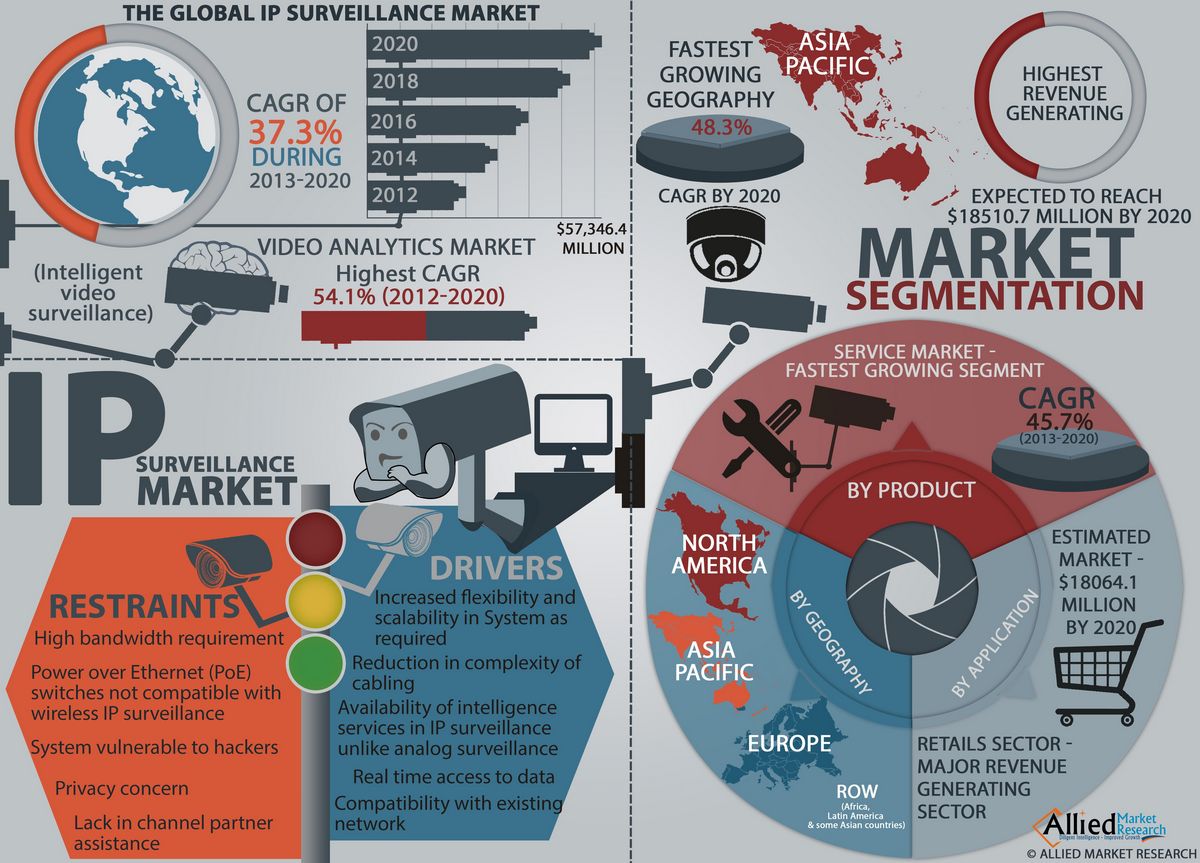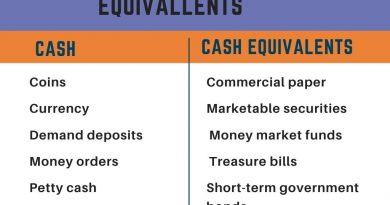Market Surveillance Meaning How it Works Risks

Market Surveillance: Meaning and Function
Market surveillance involves preventing and investigating abusive, manipulative, or illegal trading practices in the securities markets. Its purpose is to ensure fair and accurate transactions, creating an environment where buyers and sellers feel confident and willing to participate. Without market surveillance, a market could become disorderly, discouraging investment and hindering economic growth. Both the private and public sectors contribute to market surveillance efforts.
Understanding Market Surveillance
Market surveillance is conducted by various participants in the private sector. Nasdaq, Inc., for example, offers a market surveillance product called SMARTS, which aids regulatory agencies, brokers, and individual exchanges in monitoring trading activities across different markets and asset classes. Additionally, the CME Group operates a market surveillance team within its own exchange to detect, monitor, and review trader positions and transactions. Software platforms and analytics providers like IBM and Thomson Reuters also contribute to comprehensive surveillance capabilities for major exchanges such as NYSE Euronext.
Government entities also play a role in market surveillance. The Securities and Exchange Commission’s (SEC) Division of Enforcement, for instance, provides broad market surveillance to uphold securities laws and protect investors from fraud. Similarly, the Commodity Futures Trading Commission (CFTC) conducts market surveillance for specific market segments, such as the futures market. Private self-regulatory organizations like the National Futures Association (NFA) are also involved in market surveillance efforts.
The Limitations of Market Surveillance
Despite sophisticated market surveillance systems, illegal activities still occur regularly. Insider trading schemes and other fraudulent activities persist. Those committing fraud are often caught by law enforcement, but it raises questions about how these illegal trades were allowed to happen in the first place. Traders like Jerome Kerviel from Societe Generale or the infamous "London Whale" from JPMorgan manage to cause significant losses before their schemes are uncovered. Manipulation of the LIBOR rate by traders for personal gains also went undetected for some time. Market surveillance can never be completely fail-safe as determined individuals can find loopholes in the system. Moreover, as trading regulations become more sophisticated, both internal and external system programmers and implementers must keep up with the evolving tactics.
Overall, market surveillance is essential for maintaining fairness and confidence in securities markets. While it has its limitations, ongoing efforts to improve systems and stay ahead of fraudulent activities are crucial in preventing and detecting illegal trading practices.



